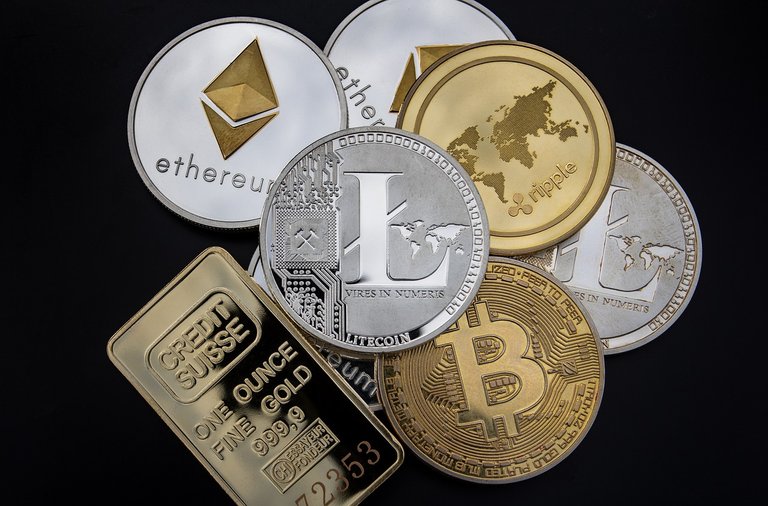Stifling Innovation or Protecting Investors?
A recent congressional hearing into the SEC's approach to digital assets has brought to light the tension that continues to exist between regulators and the crypto industry.

Indeed, what struck me as particularly telling was testimony from Daniel Gallagher, a former commissioner at the SEC who works in government affairs at Robinhood. He described how this company works to try and come into compliance with the SEC and then gets rebuffed, with possible enforcement action, it's very concerning. It speaks to an issue within the regulatory landscape:
little clear guidance coupled with aggressive enforcement.
The problem is not just with the big players like Robinhood, regulatory uncertainty is stifling innovation in the whole crypto ecosystem. Needless to say, small startups and other entrepreneurs who should have been focusing on the next big breakthrough in the blockchain space are held hostage by this situation. They're forced to operate in that gray area, never quite sure whether they're in compliance or at risk of some sudden regulatory action.
The interesting thing, with all that, is how the SEC seems to be decidedly uninterested in laying out clear rules for the crypto industry, despite how fast things are moving technologically. In so doing, it is not just delaying American companies but also yielding ground to other countries that are far quicker to move when it comes to embracing digital assets.
More than that, the approach taken by the SEC seems to contrast with its mandate toward investor protection. In trying to create certainty, they are pushing crypto activity inadvertently into less regulated and, therefore, arguably more dangerous spaces. The legitimate businesses seeking to operate above board are left with little insight into how to proceed, while the bad actors continue to exploit the regulatory gaps.

Perhaps the best example of this confusion is in the term "crypto asset security."
If the SEC itself cannot sort its terminology, where would it begin to work on compliance and compliance tests for any industry?
The cost of this indecision: headaches for businesses and a blow to the credibility of the SEC as a regulator.
Let's not neglect the less-than-subtle political undertows here.
The hearing was decidedly stacked against the SEC, with a witness list heavy on agency critics. This no doubt will lead to one-sided discussions, but the growing frustration with the way the SEC approaches this is underlined among large sections of stakeholders.
And if that were not enough, there is the involvement of former President Trump in crypto projects. Certainly, conflicts of interest should be scrutinized, but political rivalries should not be allowed to cloud the real matters at issue, which are the need for clarity, equity, and an orientation favorable to innovation in crypto space policies.

But looking ahead, congressional action may be required.
Without relieving the SEC of its responsibility in the interest of interim guidance and in building a more constructive dialogue with the industry, the balance that has to be struck by regulators henceforth is between investor protection and innovation.
The crypto industry definitely has revolutionary potential for the world of finance, creating a new economic frontier. However, this can only become a reality with clarity and fairness in the regulatory framework.
The upcoming hearing with all five SEC commissioners promises to be a pivotal moment. This is an opportunity for the agency to get over some of these problems out of its own way and put a forward path of cooperation ahead. For the sake of American innovation and competitiveness in the global digital economy, let's hope it seizes it out there.
Posted Using InLeo Alpha